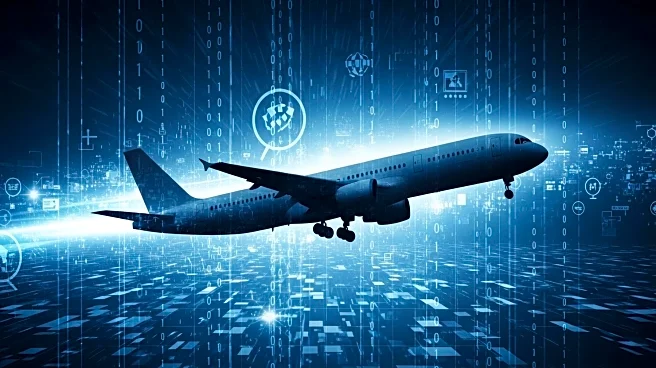What's Happening?
WestJet Airlines, a Canadian carrier, announced that a cybersecurity breach earlier this year exposed the personal information of some passengers. The breach, detected on June 13, involved unauthorized access by a sophisticated criminal third party. While the breach compromised various types of passenger data, including names, contact details, and travel information, it did not affect payment data such as credit card numbers. WestJet has collaborated with law enforcement agencies, including the FBI and the Canadian Centre for Cyber Security, to address the issue and has notified relevant authorities, including U.S. state attorneys general.
Why It's Important?
The incident underscores the vulnerability of the aviation industry to cyberattacks, given its reliance on complex digital systems and extensive passenger data. Such breaches can have significant implications for passenger privacy and trust, potentially affecting the airline's reputation and customer relations. The involvement of U.S. authorities highlights the cross-border nature of cybersecurity threats and the need for international cooperation in addressing them. Airlines and other stakeholders in the aviation sector may need to enhance their cybersecurity measures to prevent future incidents.
What's Next?
WestJet's response to the breach includes ongoing collaboration with law enforcement and cybersecurity agencies to mitigate the impact and prevent further unauthorized access. The airline may also implement additional security protocols and systems to safeguard passenger data. Affected passengers might receive notifications and guidance on protecting their personal information. The incident could prompt other airlines to review and strengthen their cybersecurity strategies, potentially leading to industry-wide changes in data protection practices.
Beyond the Headlines
The breach raises ethical concerns about data privacy and the responsibility of companies to protect sensitive information. It also highlights the growing threat of cybercrime in the aviation industry, which could lead to increased regulatory scrutiny and demands for transparency in how airlines manage and secure passenger data. Long-term, this could influence public policy and industry standards regarding cybersecurity.










